CppCon 2023 Undefined Behavior in C++: What Every Programmer Should Know and Fear -- Fedor Pikus
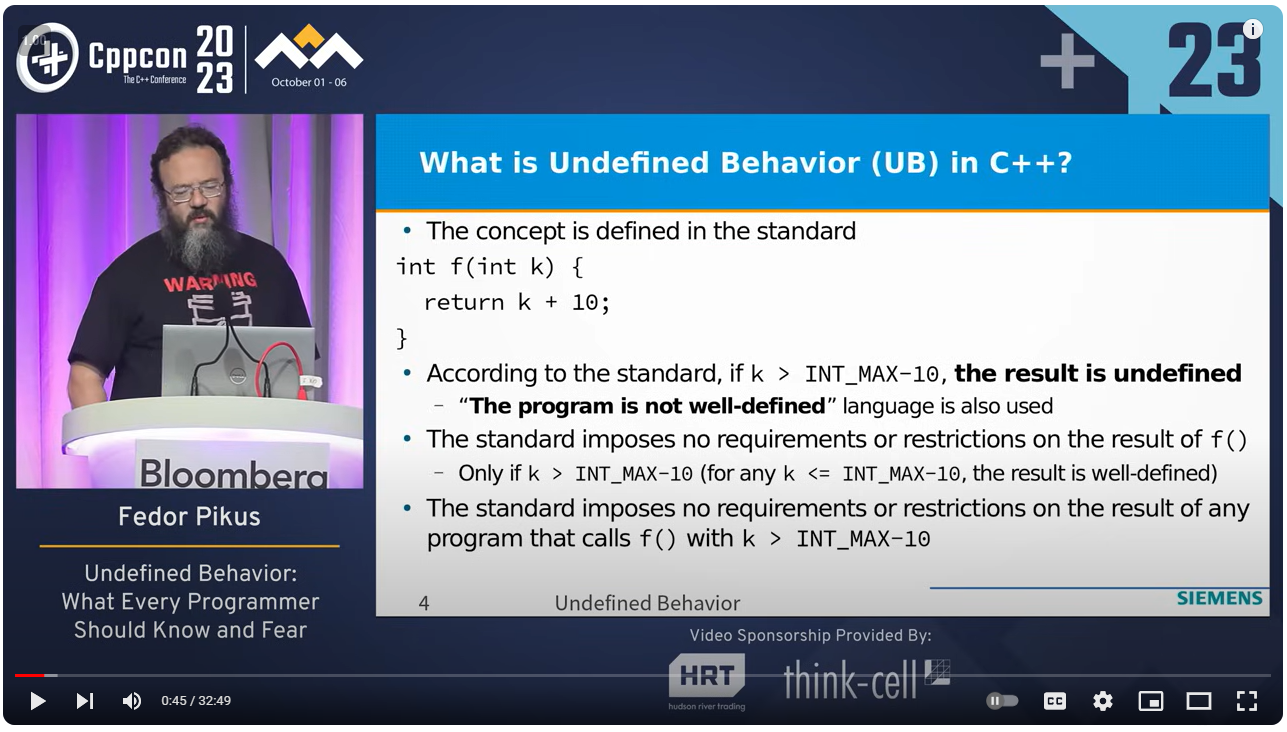 Registration is now open for CppCon 2024! The conference starts on September 15 and will be held in person in Aurora, CO. To whet your appetite for this year’s conference, we’re posting videos of some of the top-rated talks from last year's conference. Here’s another CppCon talk video we hope you will enjoy – and why not register today for CppCon 2024!
Registration is now open for CppCon 2024! The conference starts on September 15 and will be held in person in Aurora, CO. To whet your appetite for this year’s conference, we’re posting videos of some of the top-rated talks from last year's conference. Here’s another CppCon talk video we hope you will enjoy – and why not register today for CppCon 2024!
Undefined Behavior in C++: What Every Programmer Should Know and Fear
by Fedor Pikus
Summary of the talk:
This talk is about You-Know-What, the thing in our programs we don’t mention by name.
What is this undefined behavior every C++ programmer has grown to fear? Just as importantly, what it isn’t? If it’s so scary, why is it allowed to exist in the language?
The aim of this talk is to approach undefined behavior rationally: without fear but with due caution. We will learn why the standard allows undefined behavior in the first place, what actually happens when a program does something the standard calls “undefined,” and why it must be taken seriously even when the program “works as-is.” As this is a practical talk, we will have live demos of programs with undefined behavior and sometimes unexpected outcomes (if you are very lucky, you might see demons fly out of the speaker’s nose). Also, as this is a practical talk, we will learn how to detect undefined behavior in one’s programs, and how to take advantage of the undefined behavior to gain better performance.

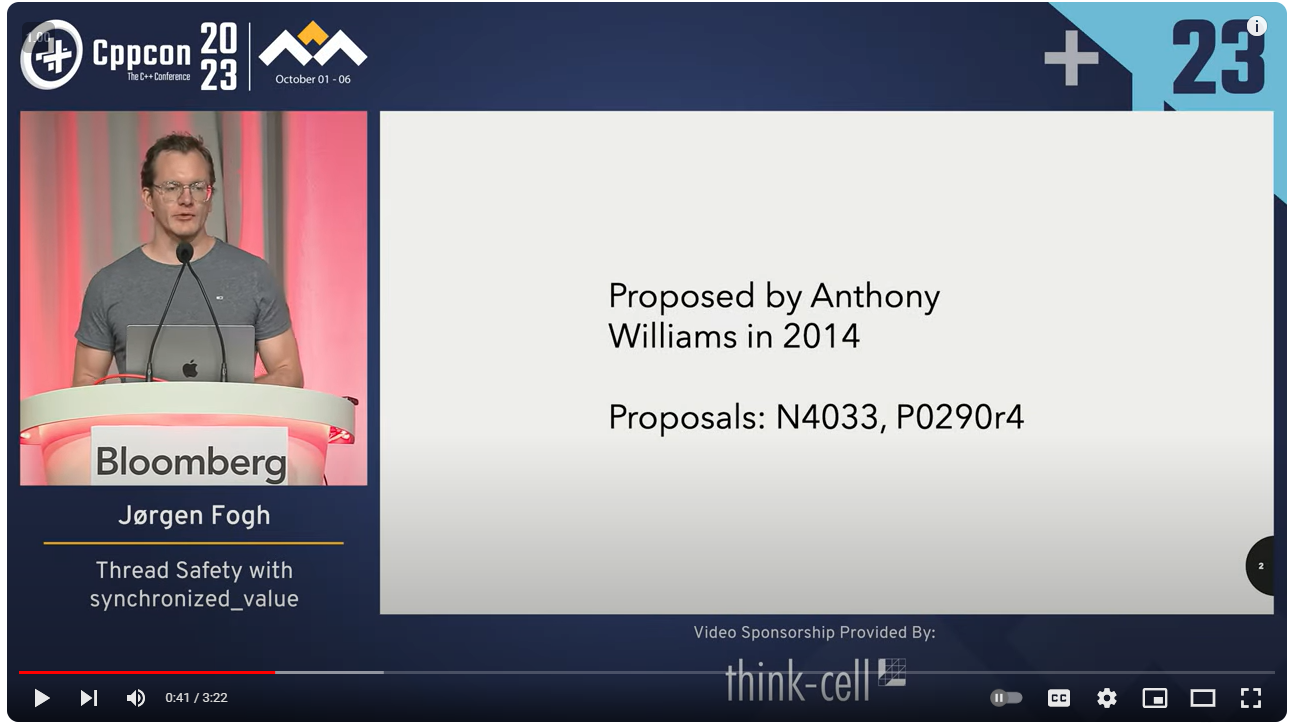 Registration is now open for CppCon 2024! The conference starts on September 15 and will be held
Registration is now open for CppCon 2024! The conference starts on September 15 and will be held 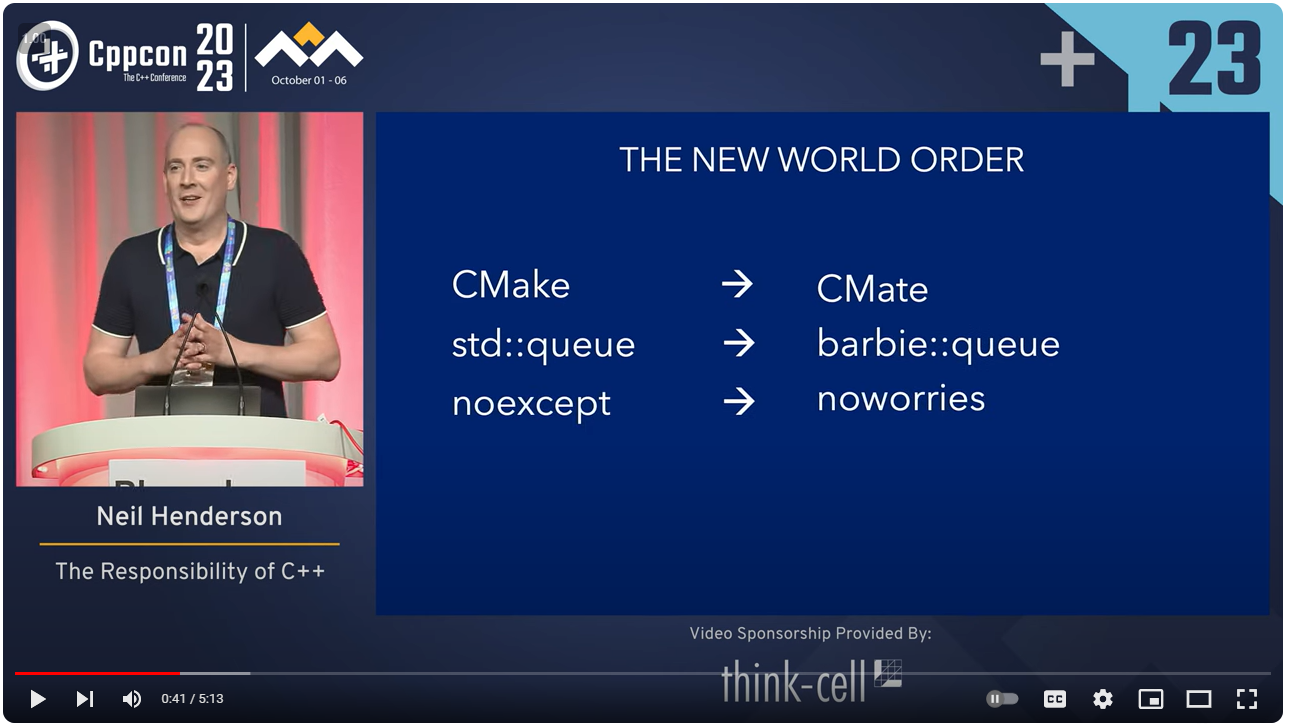 Registration is now open for CppCon 2024! The conference starts on September 15 and will be held
Registration is now open for CppCon 2024! The conference starts on September 15 and will be held 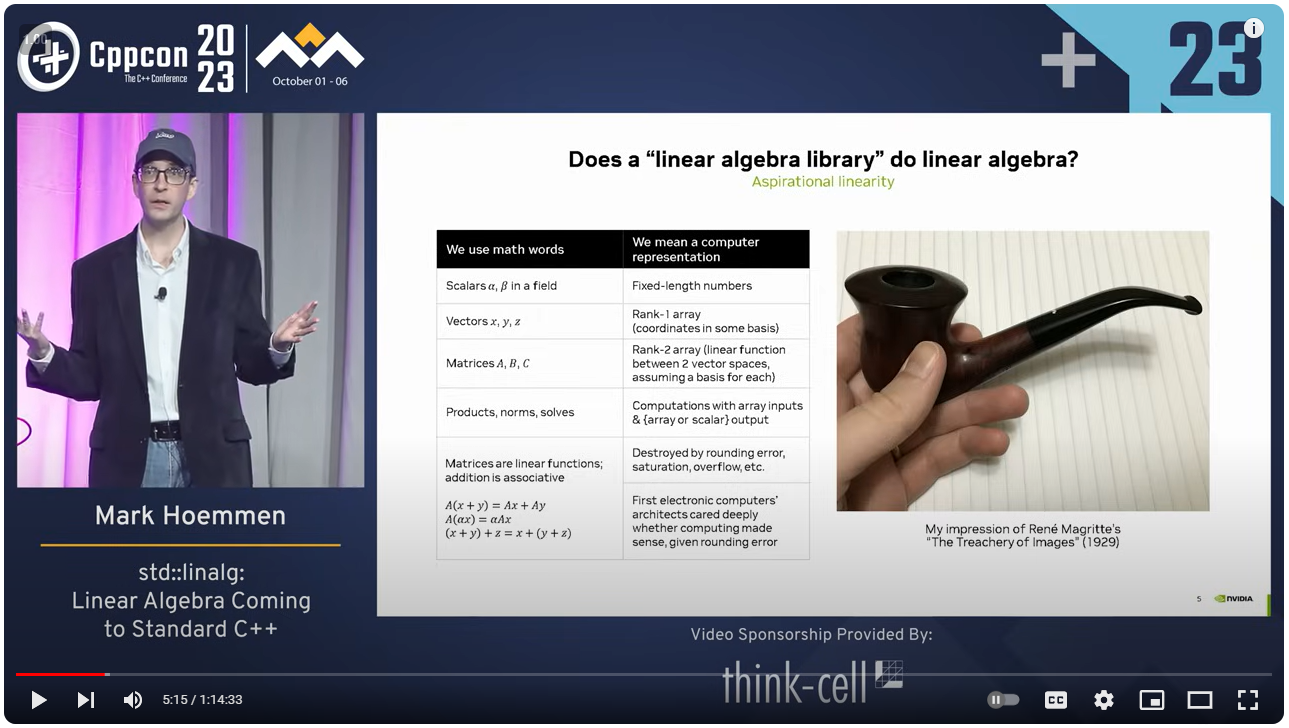 Registration is now open for CppCon 2024! The conference starts on September 15 and will be held
Registration is now open for CppCon 2024! The conference starts on September 15 and will be held 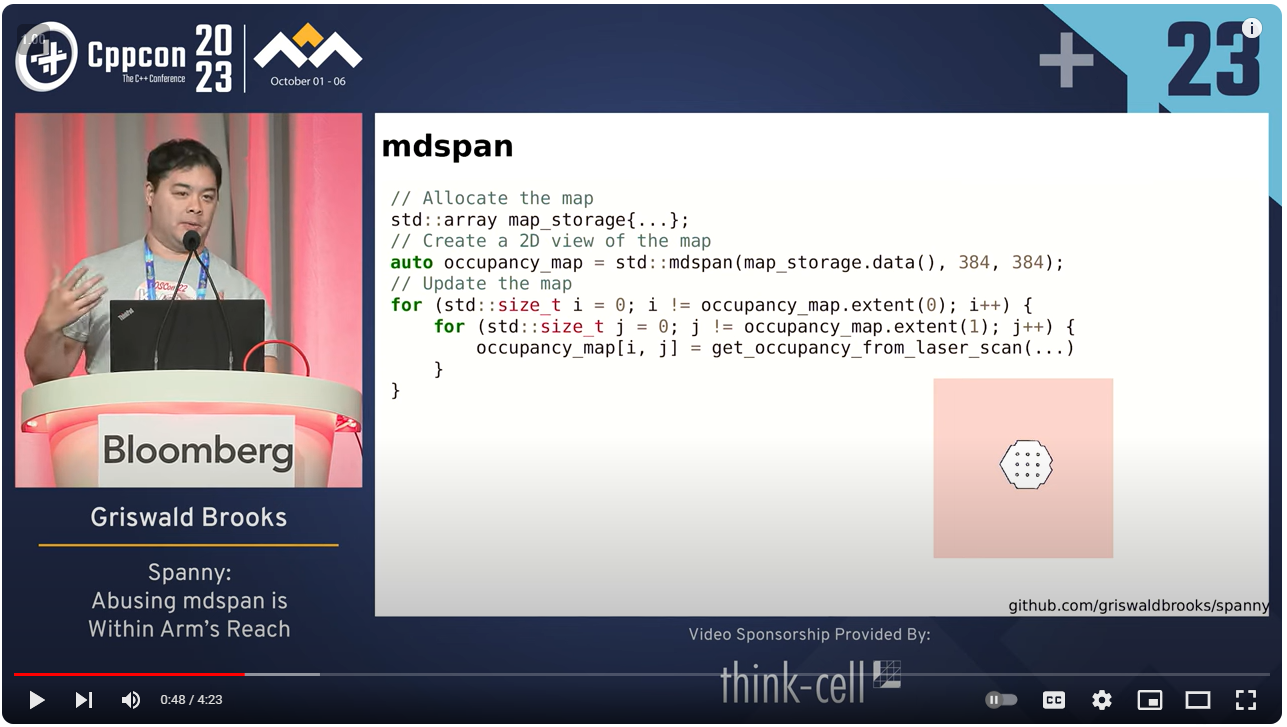 Registration is now open for CppCon 2024! The conference starts on September 15 and will be held
Registration is now open for CppCon 2024! The conference starts on September 15 and will be held 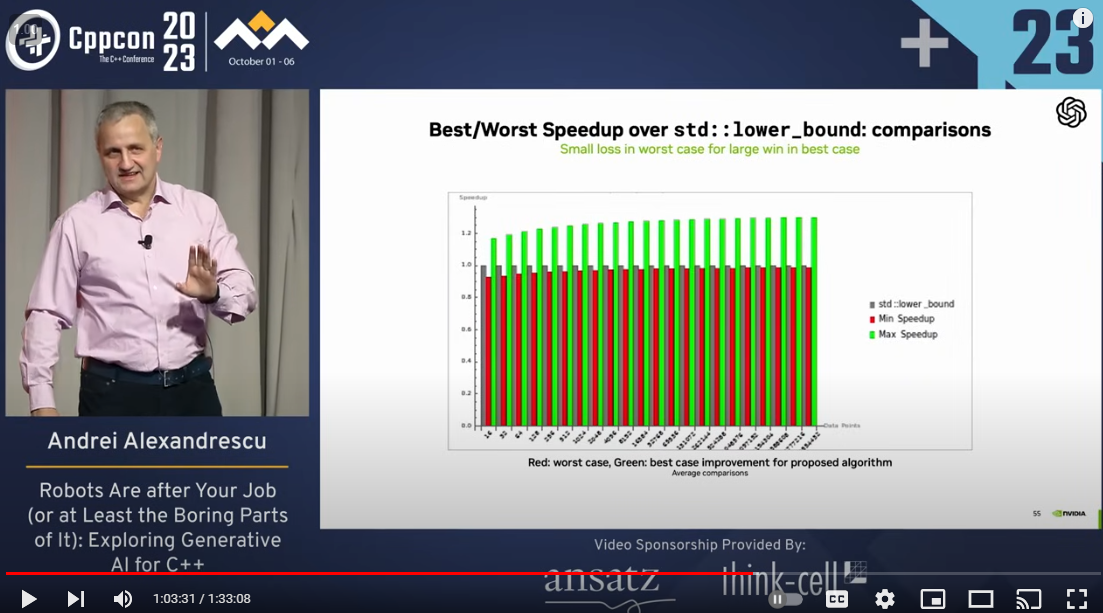 Registration is now open for CppCon 2024! The conference starts on September 15 and will be held
Registration is now open for CppCon 2024! The conference starts on September 15 and will be held 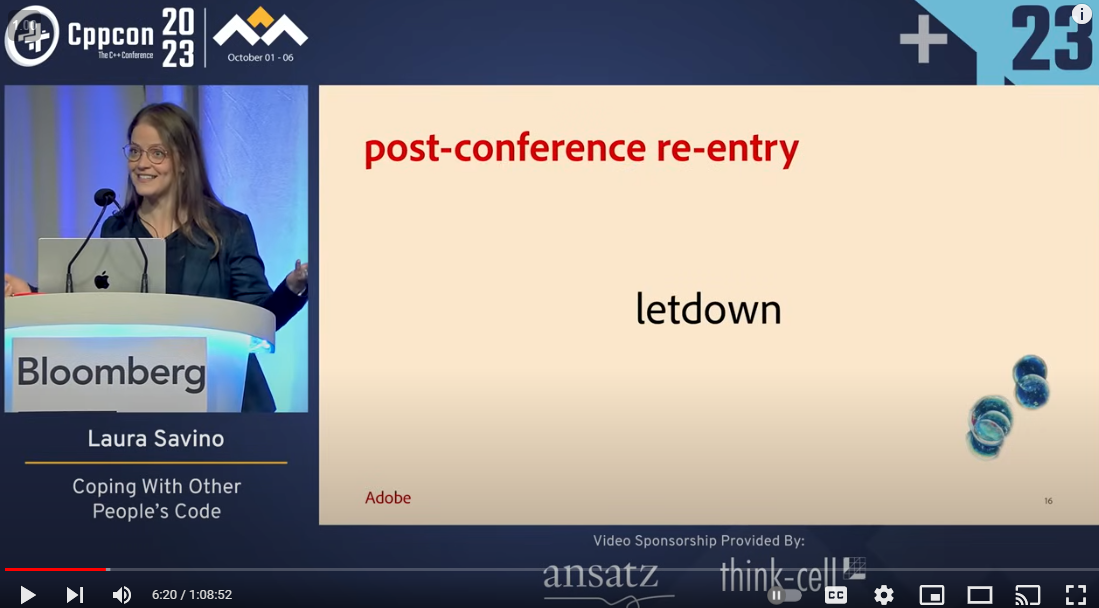 Registration is now open for CppCon 2024! The conference starts on September 15 and will be held
Registration is now open for CppCon 2024! The conference starts on September 15 and will be held 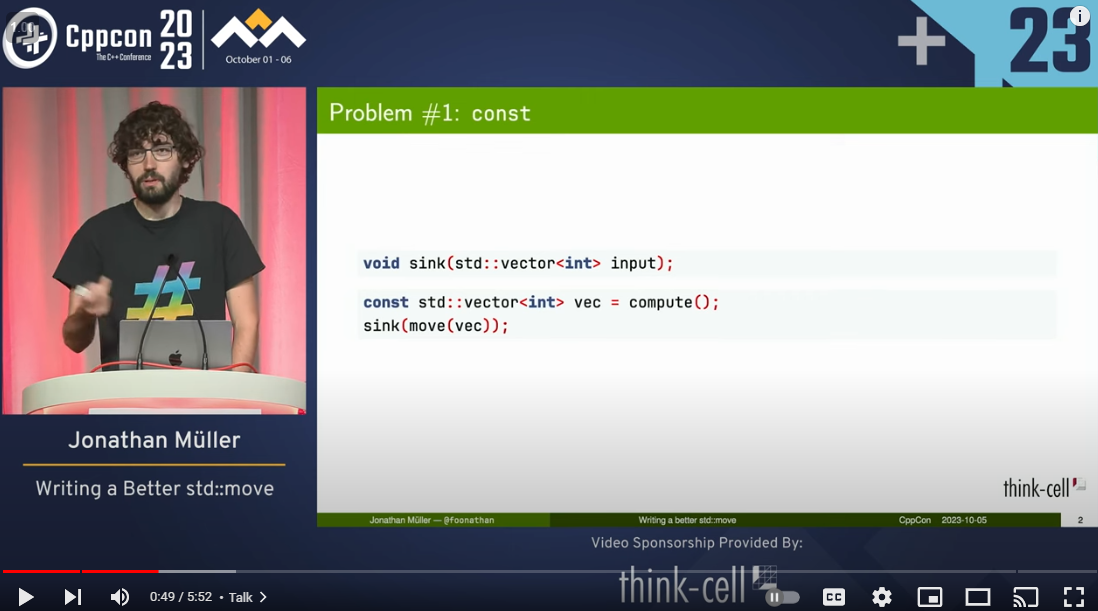 Registration is now open for CppCon 2024! The conference starts on September 15 and will be held
Registration is now open for CppCon 2024! The conference starts on September 15 and will be held 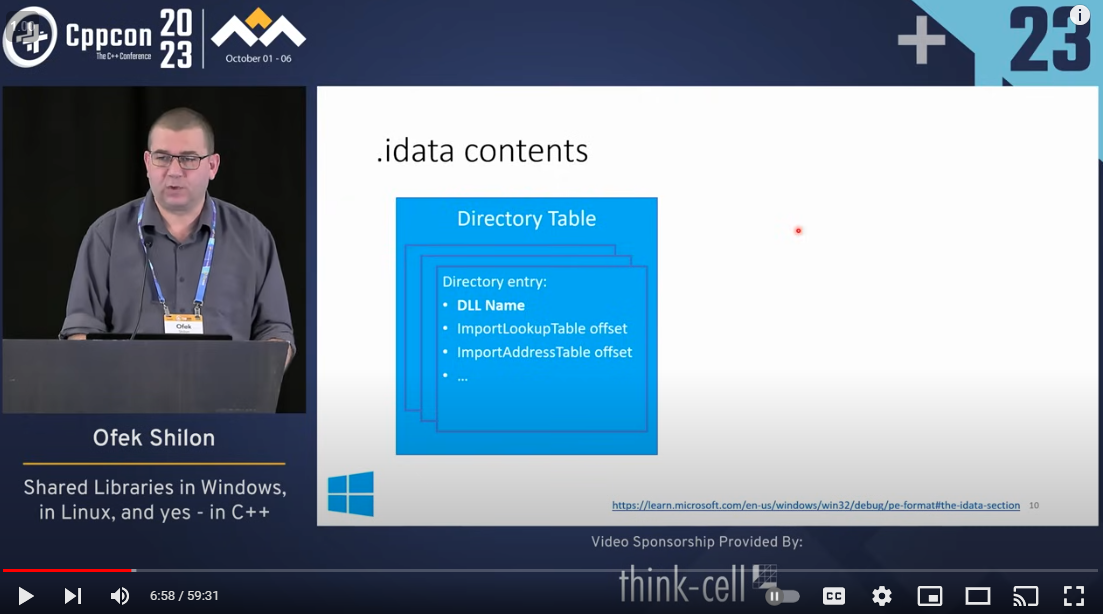 Registration is now open for CppCon 2024! The conference starts on September 15 and will be held
Registration is now open for CppCon 2024! The conference starts on September 15 and will be held 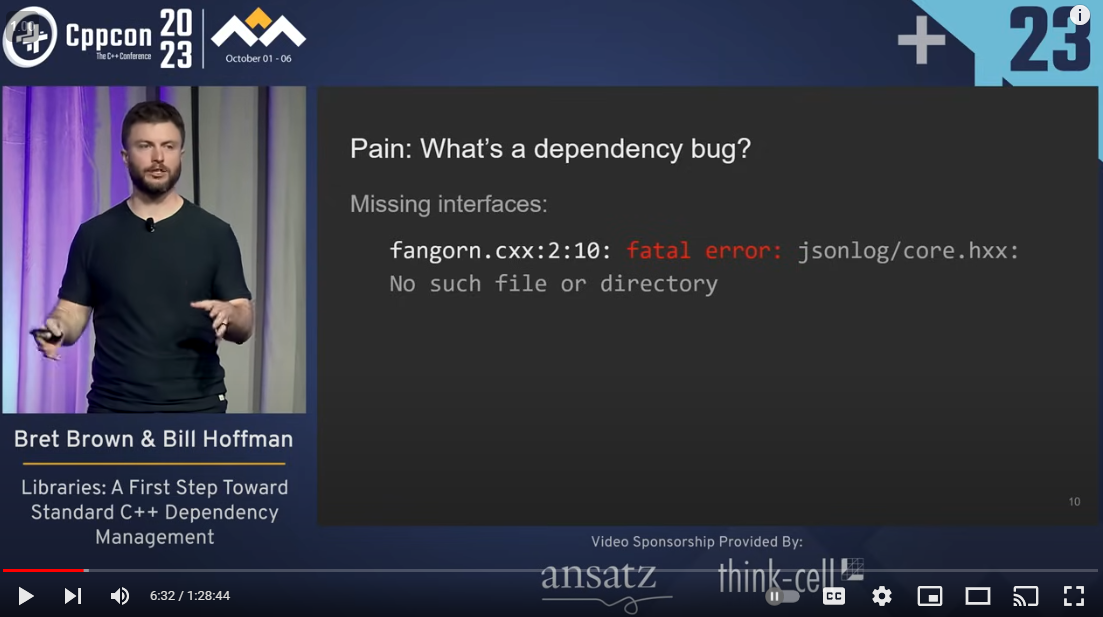 Registration is now open for CppCon 2024! The conference starts on September 15 and will be held
Registration is now open for CppCon 2024! The conference starts on September 15 and will be held